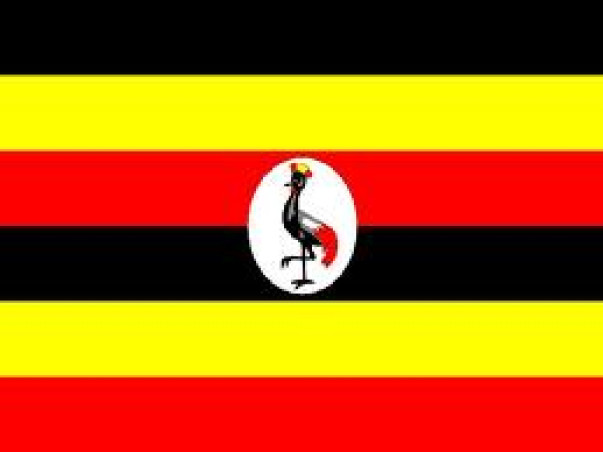UGANDA: Inactive mobile money clients to be suspended after nine months

A mobile money or an electronic money account that does not register a single transaction within nine months shall be considered dormant, according to the National Payment Systems Act.
The Act, which was passed last year and is currently under implementation by the Central Bank.
It indicates that an electronic money issuer, among which include mobile money companies, shall, after nine months no activity, be required to give the account holder a month’s notice, informing the customer of the pending suspension “unless there is a transaction on the account”.
“At the expiry of the notice … the electronic money issuer [mobile money company] shall block the electronic money account [customer] and shall not permit further transactions until the account is reactivated by the customer,” the Act reads in part.
The National Payment Systems Act, which is part of the larger plan to streamline the operations and regulation of mobile money, seeks to fast-track the cashless economy, which the Central Bank had in 2017 said would be achieved next year.
The Act also effectively takes mobile money away from the operations of telecommunications services, requiring mobile money companies to establish subsidiary and stand alone companies regulated by Bank of Uganda.
The Central Bank, acting under the National Payment Systems Regulations, has already issued licences to two companies, including MTN Mobile Money Uganda and Airtel Mobile Commerce Uganda to run MTN and Airtel’s mobile money platforms under separate entities.
The two companies were recently issued payment service provider and payment systems operator licences.
The Central Bank is also considering different licence application for UTL, Africel, Mcash, Micropay, Ezee Money and Interswitch.
Other applications under evaluation include Agent Banking Company, Pegasus Technologies, YO Uganda Xente, Payway and Easy Pay.
The National Payment Systems Act also indicates that a customer shall be given an opportunity to reactivate a blocked account in a process that is provided by the electronic money issuer.
“Where the account is not reactivated within six months after it has been blocked, the electronic money issuer shall close the account,” the Act indicates, noting that after the closure the balance on the account, together with details of the holder, shall be transferred to the Central Bank, which shall, on request within seven years after the account is transferred to the Bank of Uganda, refund any unclaimed balances to the account holder or to a legal representative in case of death.
However, if no claim is lodged for the closed account within seven years, the Act notes, the unclaimed balances shall be transferred to Consolidated Fund after which becomes a property of government.
Unlike mobile money, a commercial banks account is considered inactive after six months and dormant after two years of no activity.
Mr Anthony Kituuka, the Equity Bank managing director, however, said for an account to become dormant does not necessarily mean, it is closed, noting it can only be closed on the request of a customer or their legal representatives.
What the act provides
The National Payment Systems Act, which is being implemented under the National Payment Systems Regulations, provides an opportunity for the account holder to reactivate it after it has been suspended, failure of which details of the the holder shall be transafred to the Central Bank. If no claim is lodged by the account holder or authority within seven years, the unclaimed balances shall be transfered to the Consolidated Fund.
SOURCE: DAILY MONITOR / By Dorothy Nakaweesi
 Africas leading resource for digital financial services
Africas leading resource for digital financial services


comments